How the Grenfell tragedy changed the UK
Six years on since the government vowed to ‘learn lessons’ has sufficient progress been made?
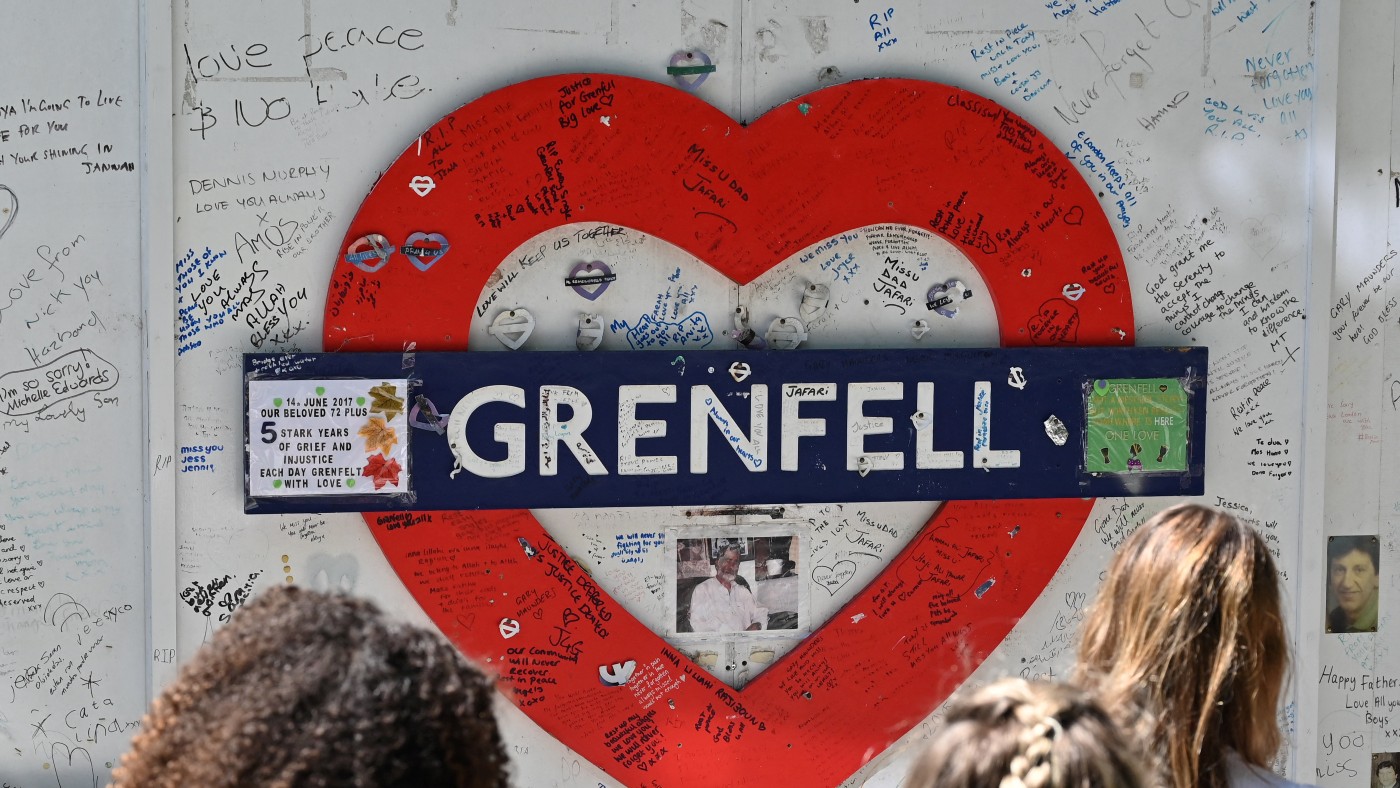
A free daily email with the biggest news stories of the day – and the best features from TheWeek.com
You are now subscribed
Your newsletter sign-up was successful
Six years on, the Grenfell Tower tragedy still casts a long shadow over the UK.
The fire in a west London tower block took the lives of 72 people, with hundreds of others affected. In the aftermath, Grenfell became widely viewed as symptomatic of societal inequalities, “revealing the depth of London’s social divide”, said the Financial Times. Leslie Thomas KC, representing survivors in the subsequent four-year inquiry, said it was important not to “ignore” the impact of “race and poverty” on the event.
“There is no way rich people live in a building without adequate fire safety,” rapper and author Akala told Channel 4 in the wake of the fire “This happened to them because they are poor”.
The Week
Escape your echo chamber. Get the facts behind the news, plus analysis from multiple perspectives.

Sign up for The Week's Free Newsletters
From our morning news briefing to a weekly Good News Newsletter, get the best of The Week delivered directly to your inbox.
From our morning news briefing to a weekly Good News Newsletter, get the best of The Week delivered directly to your inbox.
Grenfell also led to widespread questions concerning the adequacy of housing – particularly social housing – across the country. Failures and shortcomings were identified, with then prime minister Theresa May tweeting she would “learn the lessons so it never happens again”.
But what has changed since the worst post-war residential fire in the UK, and are Britons being sufficiently protected?
What legislation has changed?
Housing companies now face an “ultimatum”, the BBC said: “commit to repairing unsafe buildings or be banned from operating in the market”.
A government plan is to see homeowners “reimbursed” for their costs to fix buildings with a potential fire risk. Building companies “must pay to replace it with a safer material”, the broadcaster added.
A free daily email with the biggest news stories of the day – and the best features from TheWeek.com
The grassroots End Our Cladding Scandal organisation has secured “significant wins”, said the Sensemaker podcast on Tortoise Media, as it pushed the government to introduce protections, “saving some leaseholders from having to pay huge cladding removal costs”. Some 50 property developers had to “fix deadly property defects”.
“I believe it is clear that progress is happening across a number of key areas: competence; training, clarity and trustworthiness of product information; more stringent and robust regulation,” Peter Caplehorn, chief executive of the Construction Products Association, told Construction News.
Elsewhere in legislation, the Fire Safety (England) Regulations 2022 also came into force at the start of the year, implementing the majority of recommendations made by the Grenfell Tower inquiry. The regulations have been welcomed, with construction publication PBC Today saying “their place in society is timely”.
Are there still buildings with cladding?
In 2022, the Independent said “more than 50 high-rise buildings” were still covered in “Grenfell-style cladding”, combustible material deemed responsible for the deadly 2017 blaze. That is despite an “initial government target of June 2020 for the completion of remediation”, the newspaper added.
Many of those living in these buildings are now “stuck in a perpetual state of limbo”, said CNN, “paralysed by fear” of fire, and “crippled by costs thrust upon them to fix safety defects that were not their fault”.
Another issue the tragedy revealed is the matter of poor housing conditions and ignored requests for help, of which there have been numerous instances reported.
For some, the death of two-year-old Awaab Ishak from a respiratory condition, was reminiscent of experiences with the Royal Borough of Kensington and Chelsea which owned the Grenfell Tower block. The council was “found liable for the effects of the tragedy on nine people, including four who died in the fire”, said Inside Housing.
Housing Secretary Michael Gove told ITV News “lessons were learned” after Grenfell, but that “the process of implementing these changes hasn’t been as quick or as complete as it should be”. This year, he told Sky News, the fire was a result of “people putting profit before lives”.
Kwajo Tweneboa, a housing activist, agreed, telling Politics Home: “after Grenfell, we should have learned this whole prioritising cutting costs over lives needs to go.”
What about the victims?
Many survivors are still “living in fear”, said the Mirror, concerned about deadly diseases they may have contracted from smoke inhalation and the particles of the disintegrating building. They told the newspaper they are keen to secure “intensive tests” in the future to allay their concerns.
Firefighters are also now widely considered to be victims, as some have reported contracting serious illnesses as a result of the fire. Some personnel have now been “diagnosed with terminal cancers… strokes, heart disease, and kidney failure…possibly due to the physical toll on their bodies during the tragedy”, LBC said.
Earlier this year, a High Court settlement was reached with almost 900 people whose lives were “ruined or changed” by the tragedy, ITV reported, stating the figure is “£150 million”.
This is a civil claim which will “have no impact on the public inquiry report into the fire or any potential future criminal charges”, the broadcaster added.
But for many, this is not enough to recognise and compensate for the emotional distress and upheaval faced by former Grenfell residents and their extended families.
The Grenfell United campaign, formed in the days following the fire, last year launched an effort to “demand charges” to be faced by those who they believe are responsible for the tragic event.
“We’ve campaigned to make sure another Grenfell never happens again,” the campaign website stated. “But now we’re changing our tone. We’ve waited too long. There cannot be a two-tiered justice system. We need to see criminal charges for those responsible.”
However, victims and their families will face another delay, on the final report of the ongoing inquiry. Inside Housing has confirmed the inquiry, chaired by Sir Martin Moore-Bick, is not expected to feed back “until 2024”. Drafting of the report should be completed “by the end of 2023”, the trade publication added.
Rebekah Evans joined The Week as newsletter editor in 2023 and has written on subjects ranging from Ukraine and Afghanistan to fast fashion and "brotox". She started her career at Reach plc, where she cut her teeth on news, before pivoting into personal finance at the height of the pandemic and cost-of-living crisis. Social affairs is another of her passions, and she has interviewed people from across the world and from all walks of life. Rebekah completed an NCTJ with the Press Association and has written for publications including The Guardian, The Week magazine, the Press Association and local newspapers.
-
 6 exquisite homes with vast acreage
6 exquisite homes with vast acreageFeature Featuring an off-the-grid contemporary home in New Mexico and lakefront farmhouse in Massachusetts
-
 Film reviews: ‘Wuthering Heights,’ ‘Good Luck, Have Fun, Don’t Die,’ and ‘Sirat’
Film reviews: ‘Wuthering Heights,’ ‘Good Luck, Have Fun, Don’t Die,’ and ‘Sirat’Feature An inconvenient love torments a would-be couple, a gonzo time traveler seeks to save humanity from AI, and a father’s desperate search goes deeply sideways
-
 Political cartoons for February 16
Political cartoons for February 16Cartoons Monday’s political cartoons include President's Day, a valentine from the Epstein files, and more
-
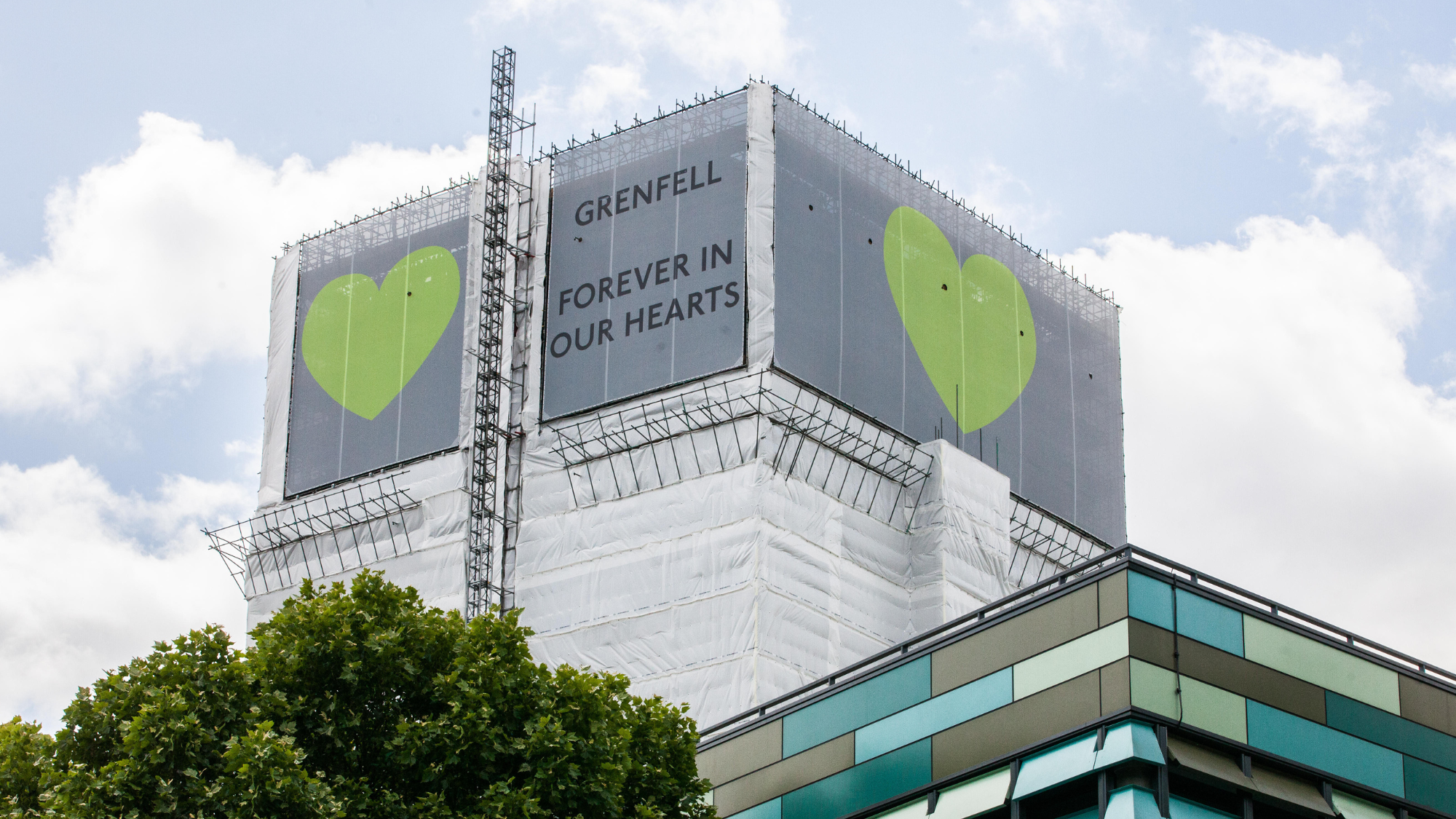 Grenfell: Uncovered – a searing account of an avoidable tragedy
Grenfell: Uncovered – a searing account of an avoidable tragedyThe Week Recommends Netflix's feature-length documentary brings together an array of witnesses whose grief 'bleeds off the screen'
-
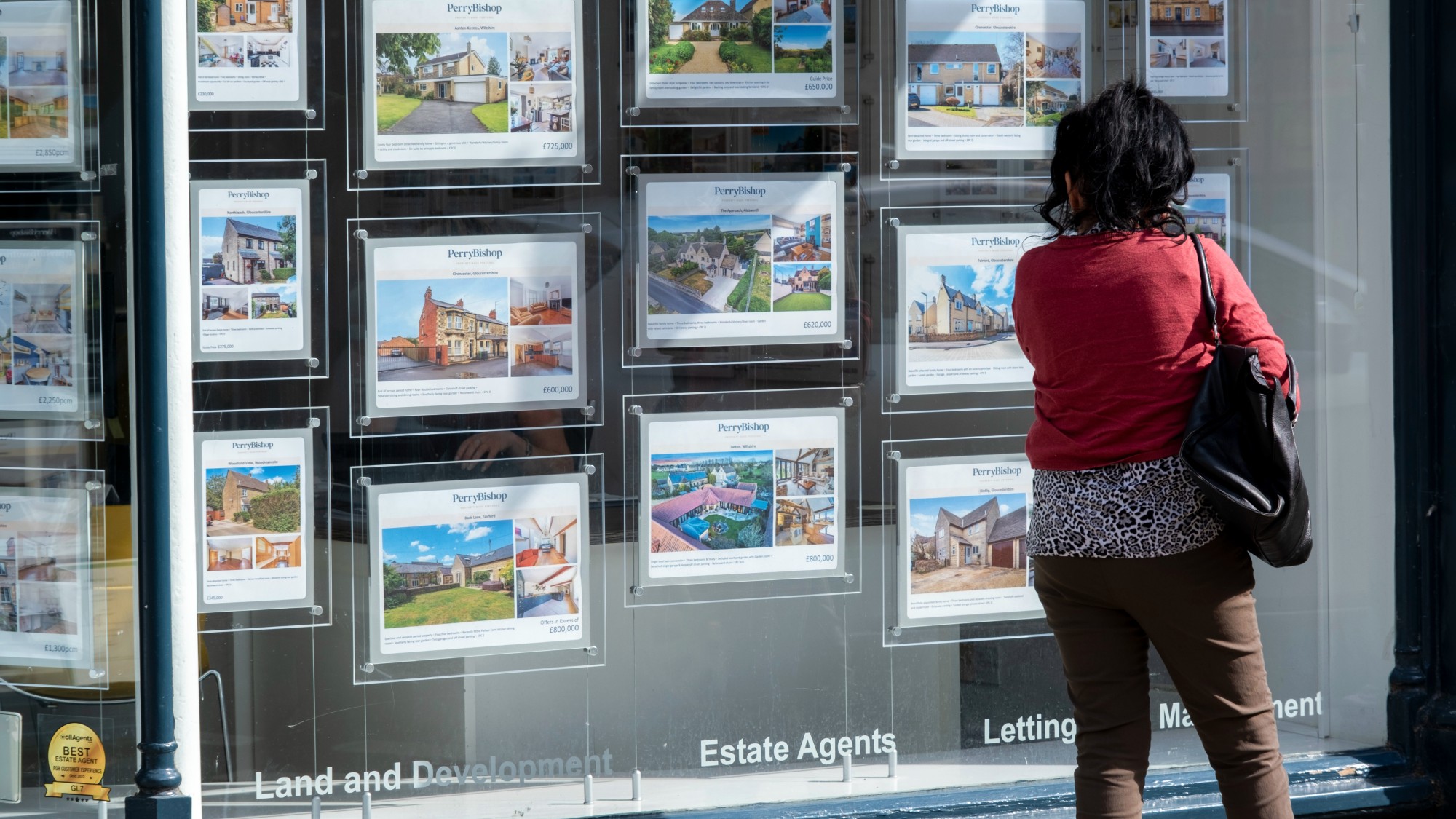 The end of leasehold flats
The end of leasehold flatsThe Explainer Government reforms will give homeowners greater control under a move to the commonhold system
-
 Code-switching: the origins, purpose and pitfalls
Code-switching: the origins, purpose and pitfallsThe Explainer Balancing your identity and respectability politics sometimes means taking on a different tone or behavior to fit in
-
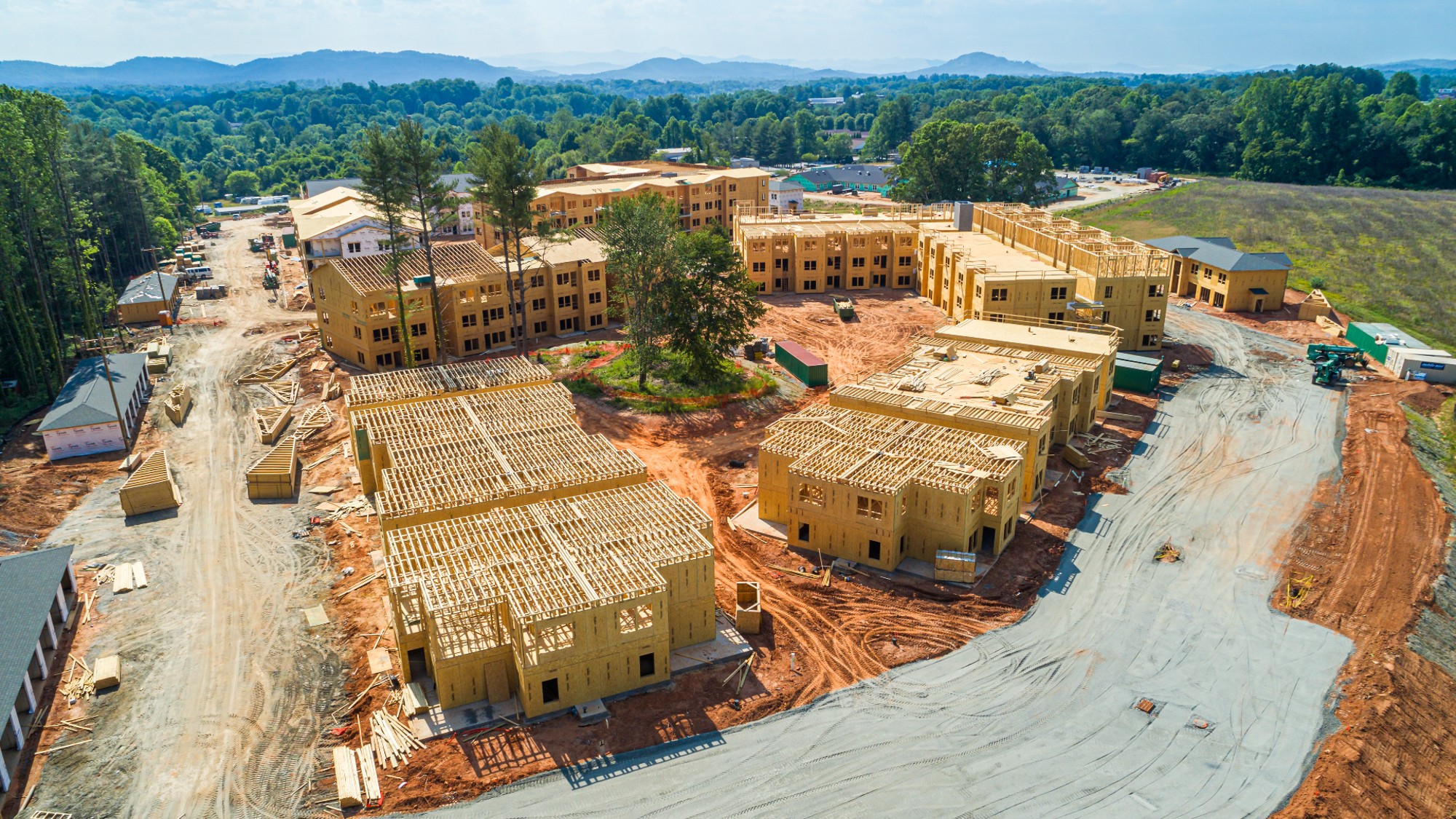 Why baby boomers and retirees are ditching Florida for Appalachia
Why baby boomers and retirees are ditching Florida for AppalachiaThe Explainer The shift is causing a population spike in many rural Appalachian communities
-
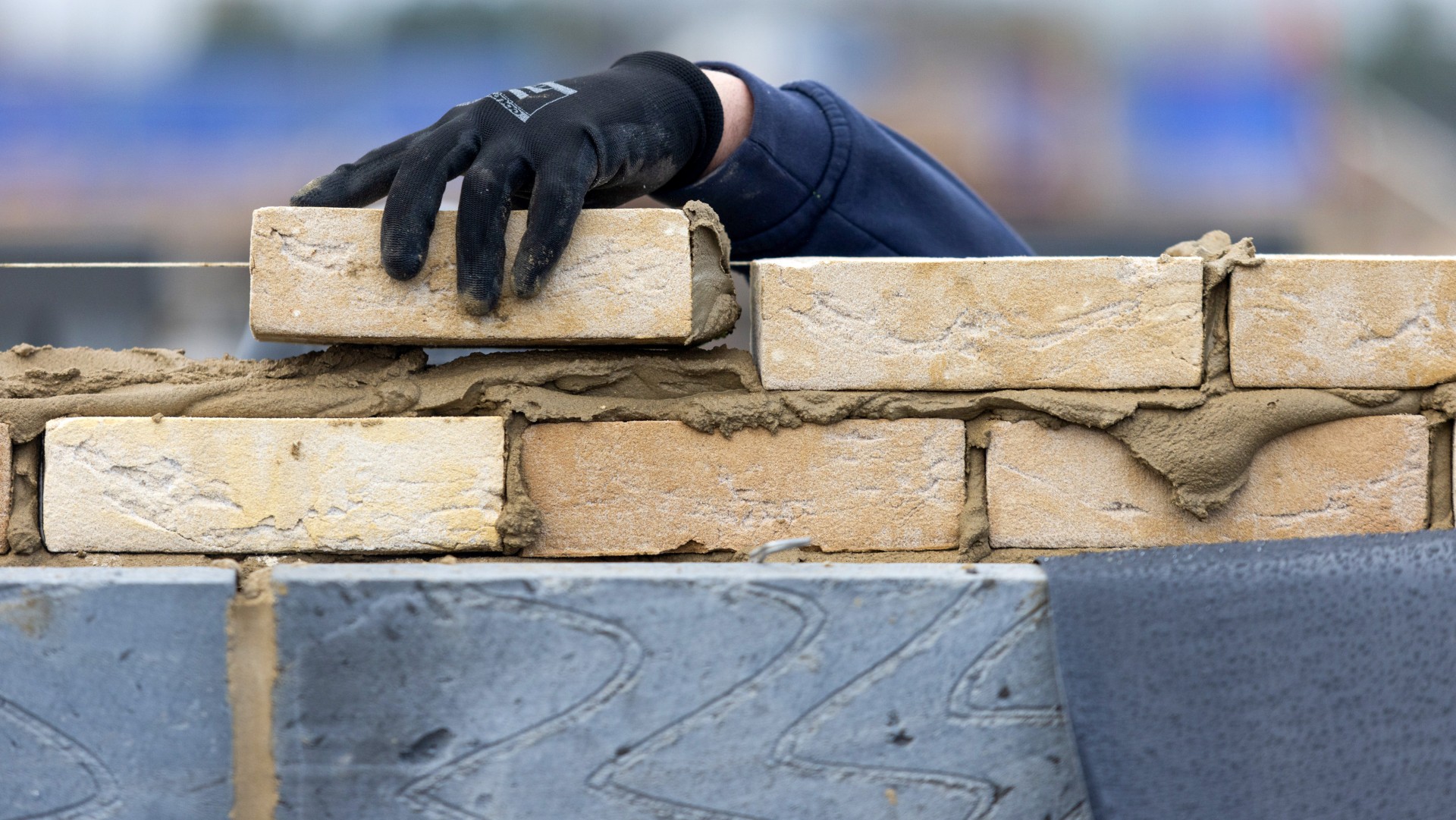 The pros and cons of new-builds
The pros and cons of new-buildsPros and Cons More options for first-time buyers and lower bills are offset by ‘new-build premium’ and the chance of delays
-
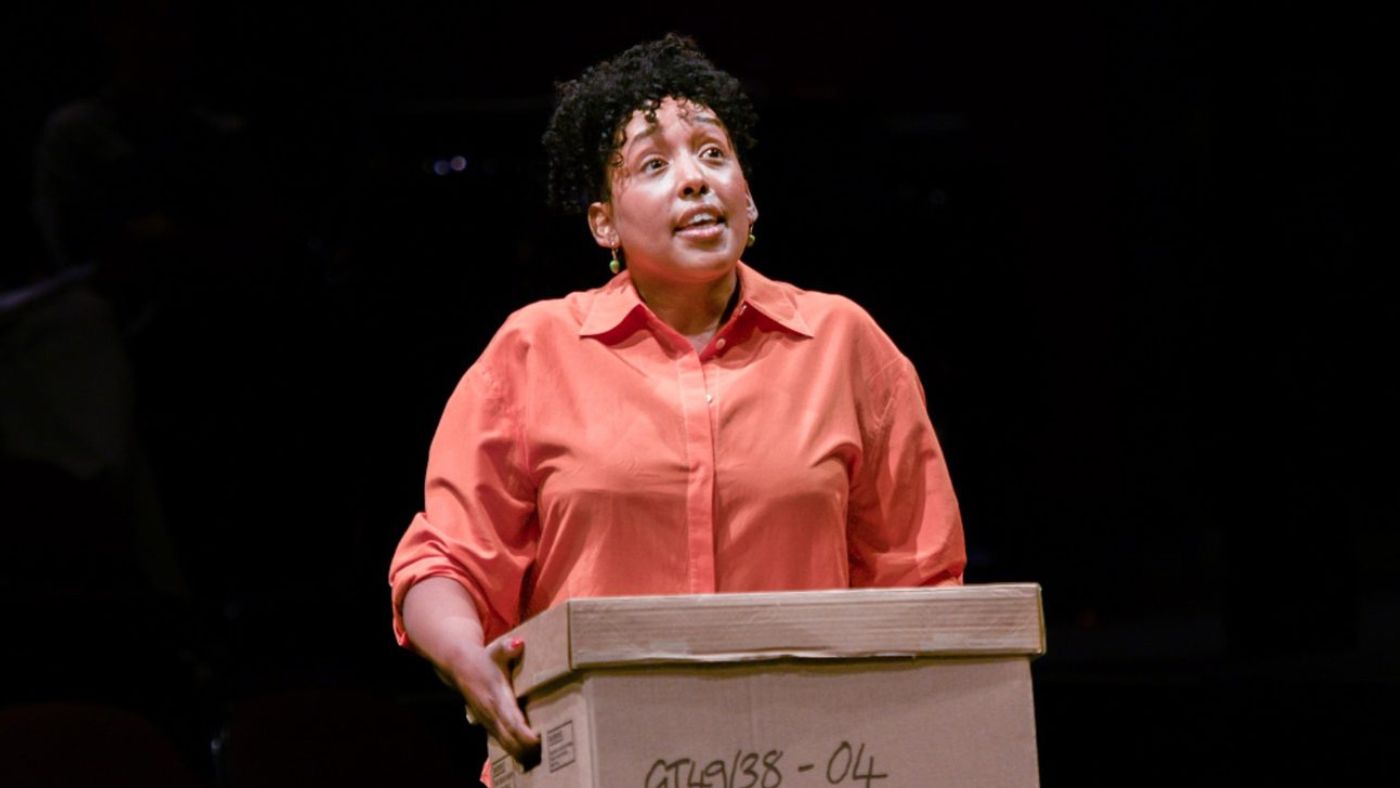 Grenfell: in the words of survivors review
Grenfell: in the words of survivors reviewThe Week Recommends Based on interviews with survivors of the fire, this ‘gripping’ play uncovers the failures that caused it
-
 R.F. Kuang's 'Yellowface': a biting satire of the publishing industry
R.F. Kuang's 'Yellowface': a biting satire of the publishing industryThe Week Recommends The novel is an examination of cultural appropriation, racism and tokenism in the publishing industry
-
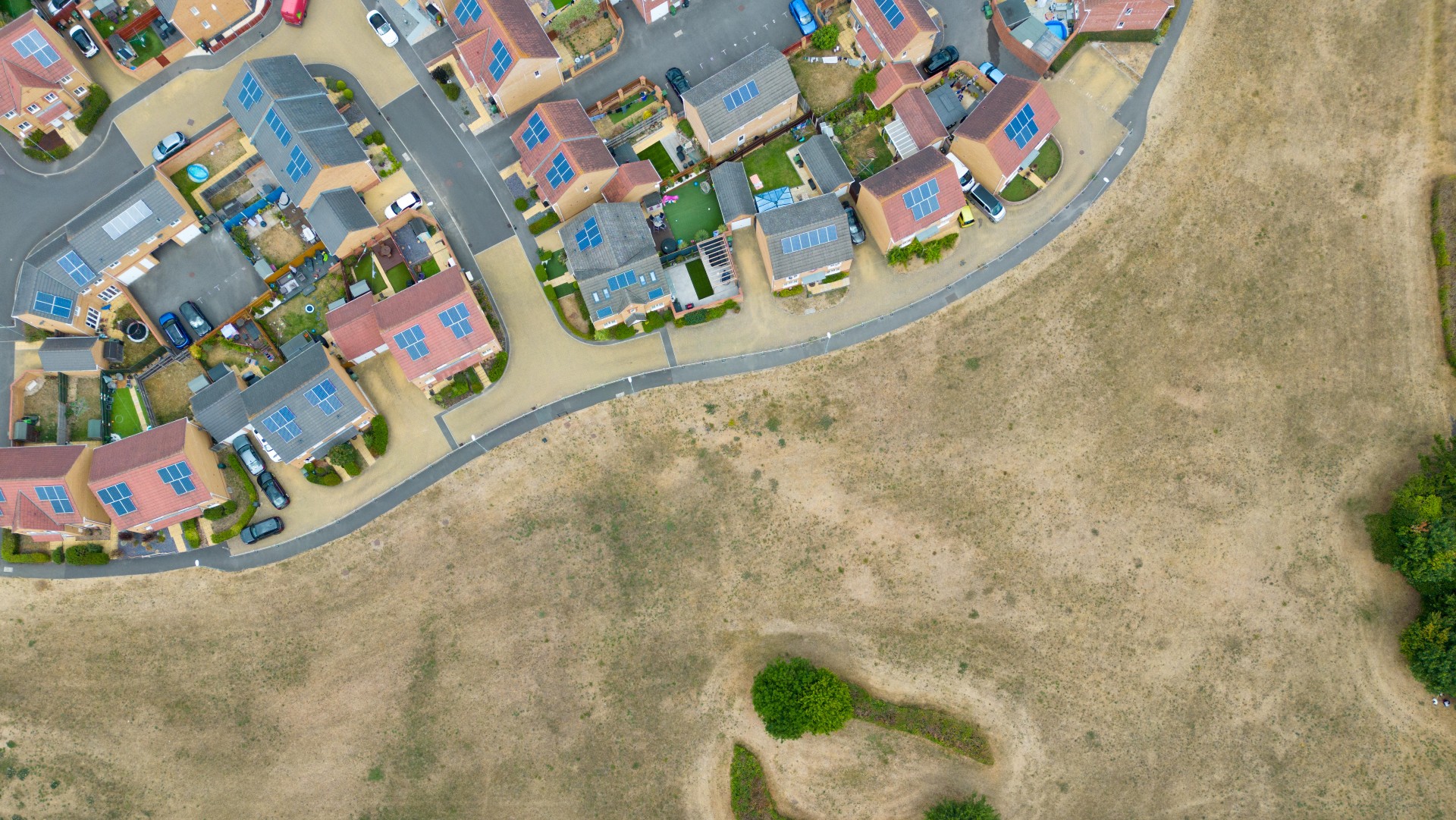 Pros and cons of building on the green belt
Pros and cons of building on the green beltPros and Cons More housing and lower house prices must be weighed against urban sprawl and conservation concerns